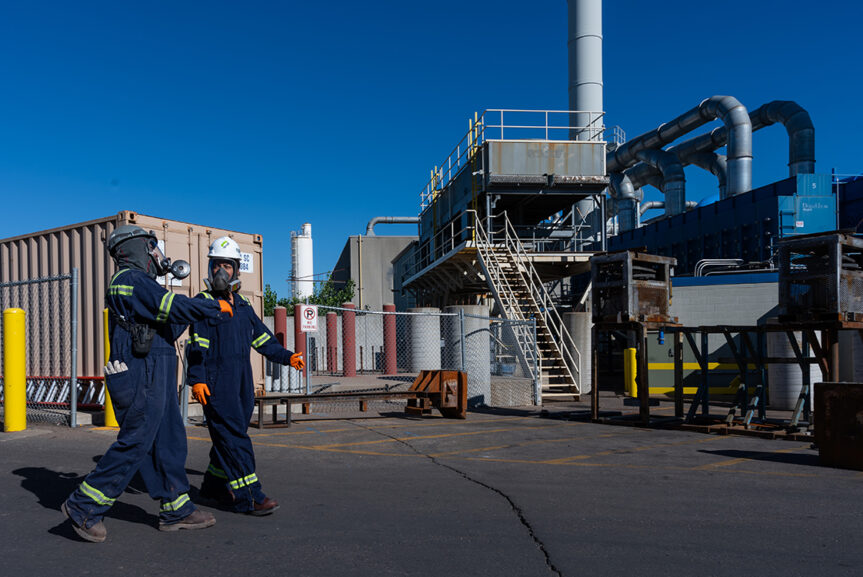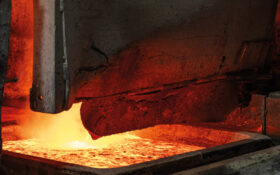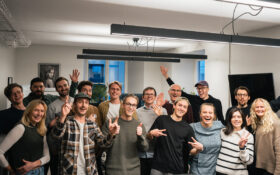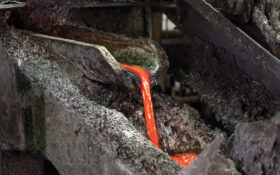Fallout from the slowdown in the EV battery market continues, with more major players announcing losses and investment curtailments.
German chemical company BASF said it was pausing plans for battery recycling in Spain. Presenting its half-year results, BASF chairman Markus Kamieth told a conference call on 26 July: “We have also decided to pause our large-scale refinery project for battery recycling at BASF’s site in Tarragona, Spain, until cell capacity build-up and the adoption rate for electric vehicles in Europe regain momentum.”
He said the company is confident the trend towards EV adoption will continue and represents a significant growth opportunity for the chemical industry. “However, recent dynamics have changed, and the market penetration of electric vehicles has slowed down significantly outside of China, as shown by a number of announcements by companies in the e-mobility value chain,” he said.
The company will continue to ramp up existing competitive cathode active materials (CAM) production capacities, but will further de-risk its path forward in the current uncertain market. “We therefore continue with our prudent approach to add new capacities only where we have secured longer-term offtake agreements with established cell manufacturers,” he added.
It recently decided against an investment in a nickel-cobalt refining complex in Indonesia due to a changed nickel market and its improved access to battery-grade nickel.
BASF operates a pilot-scale facility in Schwarzheide, Germany, which opened in April. It is Europe’s first co-located centre for battery recycling and battery material production. It takes end-of-life batteries or production scrap and feeds them directly back into BASF’s CAM plant.
Belgian battery materials company Umicore addressed the “new reality” facing its battery materials business and a realignment of business, including tight spending controls and cutbacks in investments. Spending on building its planned battery materials plant in Ontario, Canada, has been put on hold. The company is assessing its existing footprint in Europe and Asia, with options open, it said in its half-year report released on 26 July.
An impairment exercise resulted in a €1.6 billion ($1.7 billion) reduction in capital employed in the battery materials division, leaving €1.5 billion employed at end-June. The impairment relates to property, plant and equipment and non-current inventories across the division’s activities, mainly in Asia.
Its EBIT will remain below break-even in 2025 and 2026. Umicore plans a capital markets day in Q1 2025, which will include sharing the results of its in-depth review of the battery materials business.
Group revenues for the first half of 2024 amounted to €1.8 billion ($2.0 billion), down from €2.1 billion in the first half of 2023. Adjusted EBIT came in at € 241 million, down 36% from last time.
Korean battery manufacturer SK On reported an operating loss of ₩460.1 billion ($336.5 million) in the second quarter, more than three times the ₩131.5 billion loss recorded in Q2 2023. This was despite an increase in the advanced manufacturing production tax credit from recovering sales in the US. It said it had increased initial costs from a new plant in Hungary.
Cost reductions and production optimisation will lead to improved profitability in H2, boosted by new EV models and a stabilisation in metal prices, it said. Earlier this month, the company outlined plans for significant cost-cutting measures as part of an ‘emergency management’ strategy.
Photo: Umicore employees sampling raw materials. Umicore












